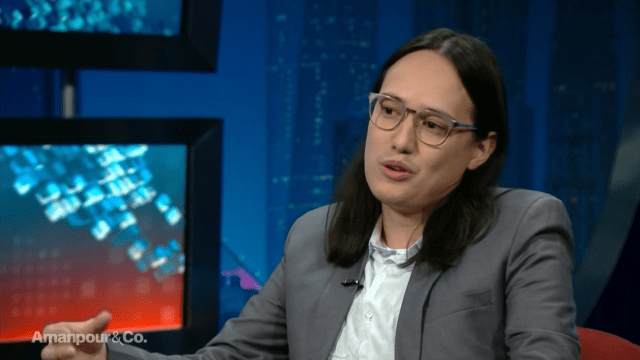Creepy facial recognition firm Clearview AI”which claims to have built an extensive database from billions of photos scraped from the public web”allowed the rich and powerful to use its app as a personal plaything and spy tool, according to reporting from the New York Times on Thursday.
Clearview and its founder, Hoan Ton-That, claim that the database is only supposed to be used by law enforcement and “select security professionals” in the course of investigations. Prior reports from the Times revealed that hundreds of law enforcement agencies, including the Department of Justice and Immigration and Customs Enforcement, had used Clearview’s biometric tools, which is alarming enough, given the total lack of any U.S. laws regulating how face recognition can be used and its proven potential in mass surveillance of anyone from minorities to political targets. Clearview also pitched itself and its tools to white supremacist Paul Nehlen, then a candidate for Congress, saying it could provide “unconventional databases” for “extreme opposition research.”
[referenced url=” thumb=” title=” excerpt=”]
But the Times has now found that Clearview’s app was “freely used in the wild by the company’s investors, clients and friends” in situations ranging from showing off at parties to, in the case of billionaire Gristedes founder John Catsimatidis, correctly identifying a man his daughter was on a date with. More alarmingly, Catsimatidis launched a trial run of Clearview’s potential as a surveillance tool at his chain of grocery stores.
Catsimatidis told the Times that a Gristedes in Manhattan had used Clearview to screen for “shoplifters or people who had held up other stores,” adding, “People were stealing our Häagen-Dazs. It was a big problem.” That dovetails with other reporting by BuzzFeed that found Clearview is developing security cameras designed to work with its face recognition tools and that corporations including Kohl’s, Macy’s, and the NBA had tested it.
“As part of the ordinary course of due diligence, we provided trial accounts to potential and current investors, and other strategic partners, so they could test the technology,” Ton-That told the Times.
Some of those investors told the paper they had indeed played around with the app. Texas “MAGA” exchange-traded fund founder Hal Lambert told the Times he shows “it to friends of mine, potential investors,” adding, “They say, “˜How do I get that?’ And I say, “˜You can’t.’” Kirenaga Partners founder David Scalzo told the paper his daughters use the app “on themselves and their friends to see who they look like in the world” because it’s “fun.” And actor Ashton Kutcher, now a venture capitalist, alluded to having access to a suspiciously similar app in a September 2019 YouTube video, the Times found.
It’s not hard to see opportunities for abuse of facial recognition tech by private companies. The private sector has already rolled out false positives on racial or gender grounds. It’s also easy to imagine how surveillance cameras equipped with these tools could be used to sweep businesses for not just criminals, as Catsimatidis alluded to, but also people who end up being arbitrarily flagged as undesirables. Of course, there’s also just the whole creep factor of Clearview providing mobile access to its database to rich people as a marketing tool, assuming they won’t abuse it.
After reports about Clearview and its adoption by law enforcement broke earlier this year, the company has seen serious blowback. Privacy commissioners in Canada have launched an investigation of the company, while the New Jersey Attorney General’s office demanded that police in the state stop using the app immediately. Tech companies including Facebook, Google, and Twitter have sent cease-and-desist orders, and Apple has disabled its iOS app, saying it violated the rules of its developer program.
While scraping the public web for data is legal, Clearview appears to be in a precarious position on other fronts. The company is facing a class-action lawsuit in Illinois, which has a biometric privacy law that ensnared Facebook in a $US550 ($834) million settlement this year, as well as a suit in Virginia claiming it violated laws giving persons rights to commercial use of their names and images. Ton-That insists he has a First Amendment right to scrape the photos, but that clearly doesn’t address whether he’s violating the copyrights of millions of rights holders who originally took the photos.
